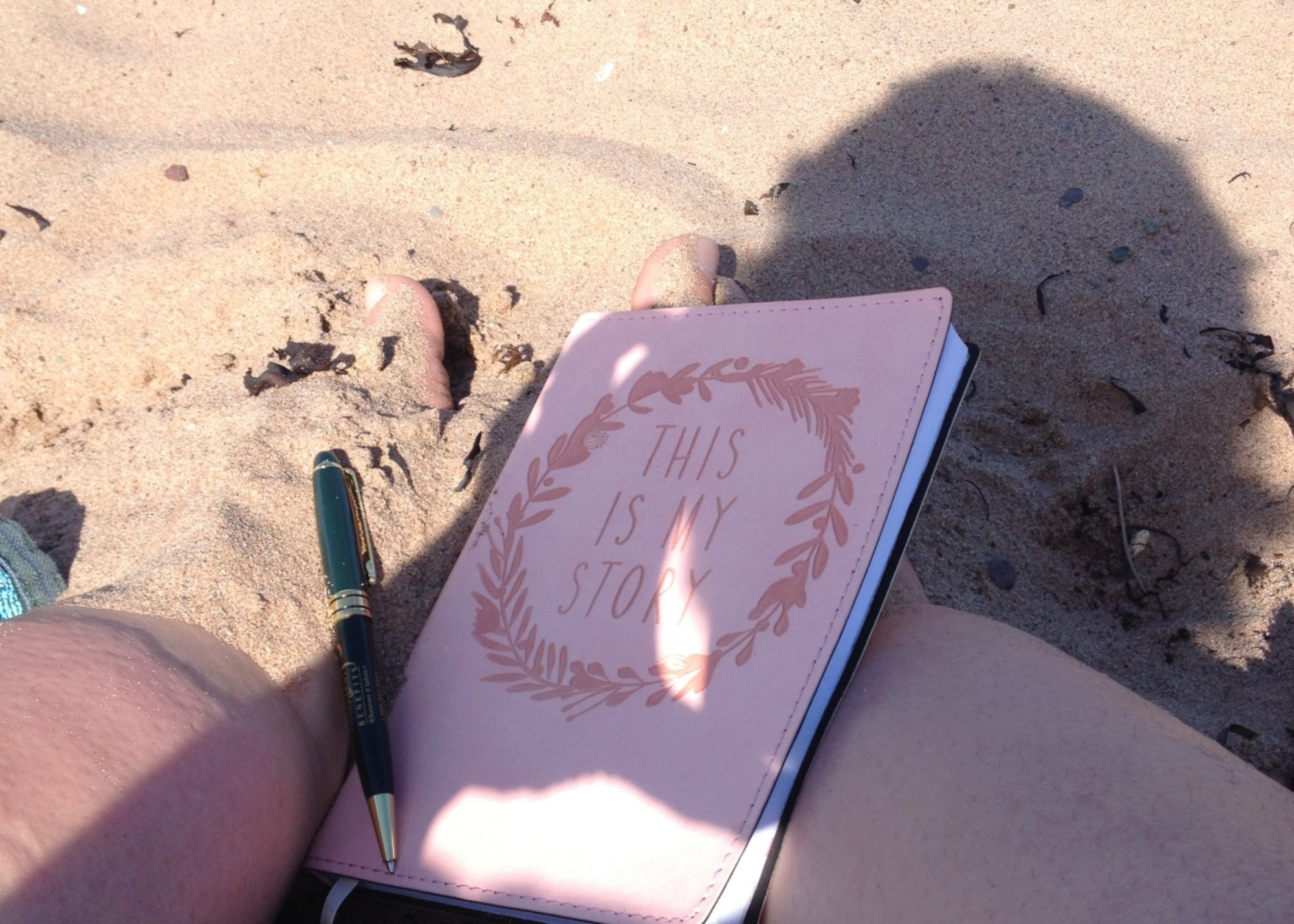When one does not know what to write, it is a time to get dirty.
I mean gardening, folks. At least for today.
Me writing anything on gardening gives life to the saying: ‘those who can, do; those’ who can’t, write about it.’ A green thumb I have not. My photo is on the wall of every gardening centre within 100 miles, under the caption: Do Not Sell To This Woman Without Proof of Supervision. My garden isn’t a wellspot of new life; it’s palliative care for the flora and fauna set. Comments on my garden bypass the usual niceties of “My, how your hydrandgea is blooming,” straight to the ‘Wow, it’s not dead yet. How did you manage that?” My garden is not the place, you would think, to spark any kind of creative flow.
But it does. For one thing, gardening is best done outdoors. There is warmth from the sun, cool from the breeze or, for the more hardy, the wet kiss of rain or chilling boot to the arse of a northeast gale. But there is sensation, temperature change, a tingling on the skin just from standing there. Breathe in, and there are scents: earthy, flowery, and yes, manmade, too, and while your neighbour’s incinerated offerings of barbecue may not be the most delightful of aromas, there is still an engagement of brain, a spurring of thought. What is that charred carcass on his plate? What if this mild-mannered manager by day becomes a pet-chomping carnivore by the light of the grill? And there you have it: a story idea, just like that.
Now for the really good stuff. On your knees, amid weeds and rocks and clumps of soil are tiny sprouts reaching skyward despite the odds. Feel it through your fingertips and up your arm, earth warm from the sun, damp from the rain. Poke a hole, drop a seed or a tiny clumping of roots, cover, repeat. orderly, fragrant, backbreaking, but necessary if the dirt is to bloom, if the tomatoes on your summer salad are to be sun-kissed rather than factory-sprayed.
You rise stiffly, joints creaking, hands caked in mud, and look down at something you have accomplished staring back at you. For the two minutes or two hours you’ve been in the garden, you haven’t thought once about the blank page on your screen, the missing word that taunts you, the hackneyed sentence begging for an edit. But you have been writing. After soap suds chase the mud down the drain and beverage suds rehydrate body and spirit, you’ll see them. Words begging to be planted, the blank screen a garden ready for its gardener.
How do the seasons influence your writing? Happy Spring!

